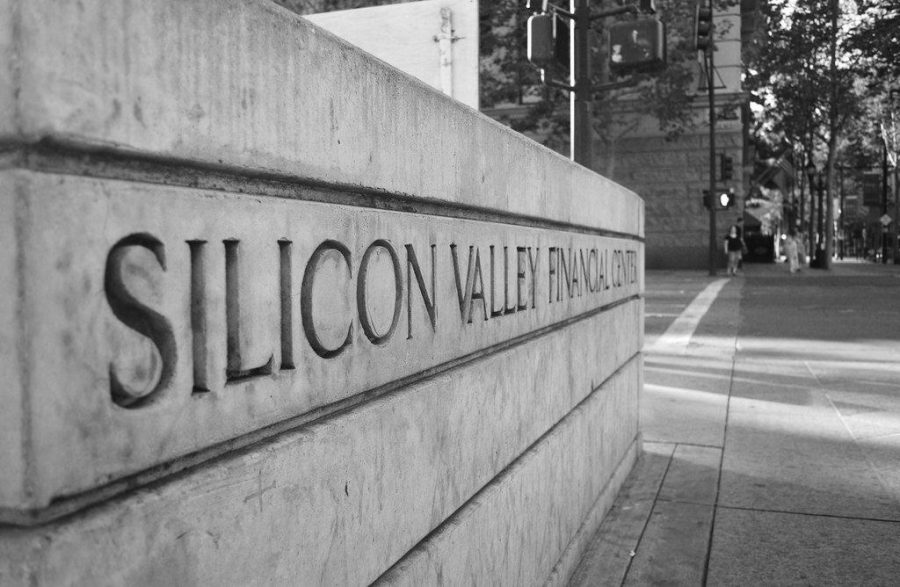The Salt Lake Valley was described by early settlers as being a cricket-infested, barren landscape devoid even of the lumber needed to build a proper settlement. Over 170 years later, this religiously homogeneous mecca of the West has blossomed into a vibrant metropolis that has seen significant growth in both population and GDP in the last ten years. Even with last year’s decline in state birthrate, Utah still ranked third in the nation for overall population increase. One of the biggest contributors to this increase was the growing number of technology companies setting up shop across the valley. It should come as no surprise, though, why companies like eBay, Adobe and 3M are investing millions of dollars in places like Lehi and Provo. Before being dethroned by North Carolina last year for third place, Forbes ranked Utah the best state in the nation for business three years in a row. With energy costs 16 percent lower than the national average and a low cost of doing business, Forbes claimed that Utah still remains a pro-business climate. This rapid economic growth has some experts claiming that Salt Lake is the next “Silicon Valley.”
With some industry giants branching out from their sunny local origins to our cold, but considerably cheaper residence here in Utah, their fortunate gamble is paying off in dividends. Overall, this 31 percent increase in tech-based employment in the past ten years is creating new jobs and has decreased the unemployment rate to only 3.1 percent; one percent less than the national average. As a result, Entrepreneur magazine crowned Utah the top startup for tech businesses outside of New York and San Francisco just last year. Yet, with such a drastic shift in Utah’s job market, this sought after ranking comes with it some potentially devastating results.
Traditionally, transplants to Utah have flocked to our state for different reasons. Nature loving, outdoor enthusiasts hold in high esteem the convenience of access to our mountains, forests and deserts. Affordable housing surrounded by stunning natural landscapes and a relatively low crime rate attract families and retirees looking to capitalize on what was very recently a stale housing market. Sadly, with the arrival of the ever-expanding tech industry and the deep wallets brought with it, affordable living in Salt Lake will shortly come to an end.
Look no further than San Francisco; the undisputed technological nerve-center of the country and the resulting aftermath that has caused native Californians to exit their beloved state in droves. Since 2012, the median housing price within the city of San Francisco shot from $625,000 to nearly $1.5 million — an unsustainable growth trend for the average population’s mean salary. Companies like Google and Facebook are scooping up multi-million dollar properties there without breaking a sweat, causing devastating rent increases throughout the neighborhoods they inhabit. A domino effect causing gentrification and a minimum wage that can’t sustain has turned the beautiful city into a living hell for the poor and even middle class.
Growth and change for a city are to be expected and traditionally welcomed, but too much of good thing can turn sour very quickly. Surface effects of what is to come have already emerged as listings for $1,500, 500 sq. ft. studios located just 20 ft. from a TRAX line transition to the norm. As this trend continues, more Utahns will move away from city centers to the Panguitchs and the La Verkins of Utah — making room for our ultimate overlords to settle in comfortably.



Gina Cefalu • Mar 13, 2018 at 2:06 am
Good Article. I live in the Bay Area and sell Real Estate here. My daughter attend the U so I found your article interesting. Hopefully Utah’s housing won’t see the same thing we are experiencing. It’s sad to see so many folks struggling to secure housing. It’s still a seller’s market with low low inventory and multiple offers at most anthing listed at 1 Million or below. I just sold a 900 sq. ft. 1 bed / 1 bath for $372K. I was listed for $350,000 but got “bid up”. Salt Lake and Utah offer a better quality of life for Californians. I don’t see the housing crisis ending in the near future.